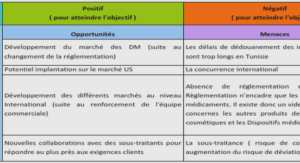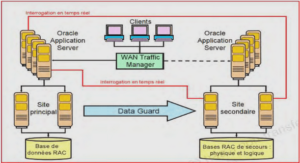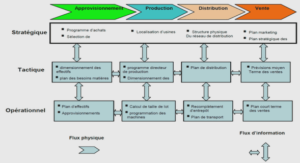Politics, rights and accountability in the budget process
Means examining the ways in which the distribution of power within that process affect the subsequent distribution of public resources. From a social theory perspective, this has two key dimensions – power as formal structures, and power as the informal incorporation of dominant norms and values into operating procedures and practice. In any given process of budget formulation and execution, unequal power relations may be expressed by: inclusion/exclusion or proximity by different social groups to the decision-making process; norms and values explicitly expressed in the statement of purpose and implicitly embedded in the priorities and assumptions contained within the process, structure and content of the budget. Power also plays a significant role in the legitimation of knowledge, and in determining who has access to information which guides decision-making.
The prevailing balance of interests and pressures in any system of public expenditure management is unlikely to reflect a pro-poor, gender-equitable, orientation in any simple sense. It is also unlikely to reflect an uncomplicated commitment to sharing information about the process, and including the excluded in decision-making. It is very likely that attempts to move in this direction will run into both overt and covert resistance, with adoption of formal commitments to policy goals by governments being insufficient to guarantee meaningful change. Ideally, therefore, for a development actor to understand the politics of a given budget process it would be valuable to have information about the following: a) The formal structure of roles and responsibilities within the budget process; b) The formal rules governing decision-making, political choice and accountability within the public expenditure management system; c) The networks of stakeholder power and influence (outside the formal allocation of roles and responsibilities), which influence the outcomes of the budget process; d) Incentives for action (covert as well as overt) affecting the decision- making of politicians and officials during budget formulation and execution; e) The latitude for independent discretionary action of bureaucrats at all levels of the budget execution process; f) The norms and values prevailing in key institutions within the budget formulation and execution process.
A technocratic approach to understanding the politics of the budget process would be satisfied with understanding levels a) and b) of the above typology. At a practical level this kind of approach will focus on producing recommendations for a range of procedural measures designed to achieve change beneficial to poor women and men by strengthening the space for technical analysis applied through a transparent process. In countries where the broader institutional and political configuration is not hostile to goals of widening accountability and strengthening a pro-poor, gender-equitable, focus, this may be an effective course of action to pursue. However, if the factors in levels c) to f) outlined above are pulling in the opposite direction (supporting vested interests within or outside the bureaucracy) then technical improvements are unlikely to be transformational in practice – and there are clear dangers in acting ‘as if’ the deeper levels of budget politics do not matter, as formal policy goals are unlikely to be achieved. Under these conditions a deeper level of political analysis can be helpful in seeking to identify significant stakeholders who may support change beneficial to poor men and women, and changes that strengthen incentives for pro-poor action in budget execution as well as formulation. An incremental approach – seeking to build on positive elements of the existing policy framework which already have significant support – may be more effective than attempting to re-design policy from a poverty perspective from a ‘clean slate’.
New ideas of accountability based on values of ‘performance’ and ‘effectiveness’ and a focus on ‘outcomes’ are an important part of the way that the debate about pro-poor, gender-equitable, politics is evolving. If politicians are prepared to commit themselves to achieving particular results (e.g. improved health status) then the focus of their accountability may be more clearly geared to equitable outcomes for all citizens. By contrast, if the promises politicians make relate to increasing inputs (levels of spending on health, education etc.) or delivering outputs (e.g. building public housing) then the possibility exists that these inputs or outputs can be delivered to particular client groups. Robust systems of pro-poor targeting, with transparent procedures, can act to prevent this happening, but require strong technical and ethical standards in implementing institutions.





